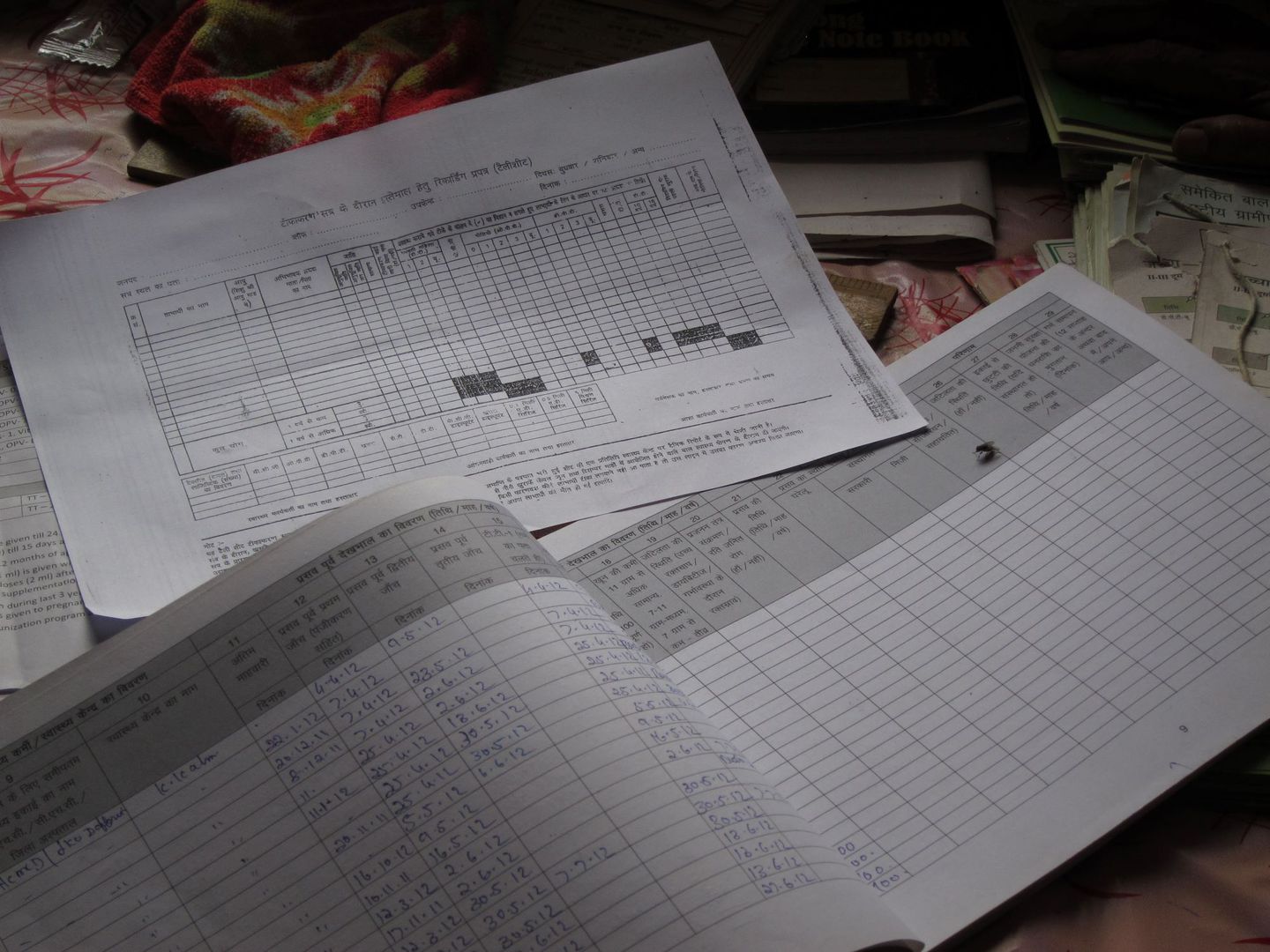Field Stories
Ten inspiring global nutrition stories
December 17, 2024
WP_Term Object
(
[term_id] => 48
[name] => News
[slug] => all-news
[term_group] => 0
[term_taxonomy_id] => 48
[taxonomy] => news-category
[description] => Stay up to date on our announcements, newest projects and partnerships, and news about how we’re making a difference in the lives of people around the world.
[parent] => 0
[count] => 272
[filter] => raw
)
Key findings from an assessment of eight technical assistance assignments by Nutrition International’s NTEAM
From February to May 2020, Nutrition International’s NTEAM conducted progress assessments of eight technical assistance assignments concluded up to eight months earlier.
Posted on September 16, 2020

From February to May 2020, Nutrition International’s NTEAM conducted progress assessments of eight technical assistance assignments concluded up to eight months earlier. The technical assistance assignments were funded with UK Aid from the UK government, under the TAN project. The progress assessment aimed to evaluate the contribution of the technical assistance to its expected intermediate outcomes, namely improved scale, coordination, quality, effectiveness, gender equality, inclusion, capacity, and capability. The progress assessments also sought to identify any limiting and enabling factors that affected these outcomes, derive lessons learned, and make recommendations for how to accelerate progress towards full effective implementation of the technical assistance’s products. The assessments made recommendations for accelerating progress, and generated lessons learned that are summarized here, and further detailed in the report Measuring Progress: Summary of progress assessments of eight technical assistance assignments from 2017-2019 by NTEAM’s TAN project, available for download, and in the following stories:
As detailed in Table 1, seven assessments were of technical assistance provided to the Scaling Up Nutrition (SUN) countries Bangladesh, Ethiopia, Kenya, Nigeria, Pakistan, the Philippines, and Senegal, and the eighth was of technical assistance provided to the SUN Movement Secretariat (SMS). Results from the progress assessments demonstrated that every piece of technical assistance has contributed in some measure to the majority of its expected outcomes, with a significant contribution having been made to at least one outcome in four countries and to the SMS. The strongest contributions were observed to increased scale of nutrition-related policy and program, improved coordination of multi-sectoral engagement, and improved quality of multi-sectoral nutrition actions.
Director General BNNC: “For the first time we have received such an objective and scientific assessment report identifying the current status, bottlenecks with apt workable recommendations”
A summary of the progress assessment results are as follows, and are also highlighted in Table 2:
The progress assessments generated a number of lessons learned and recommendations that help inform further technical assistance, identifying enabling factors for, and barriers to, success: